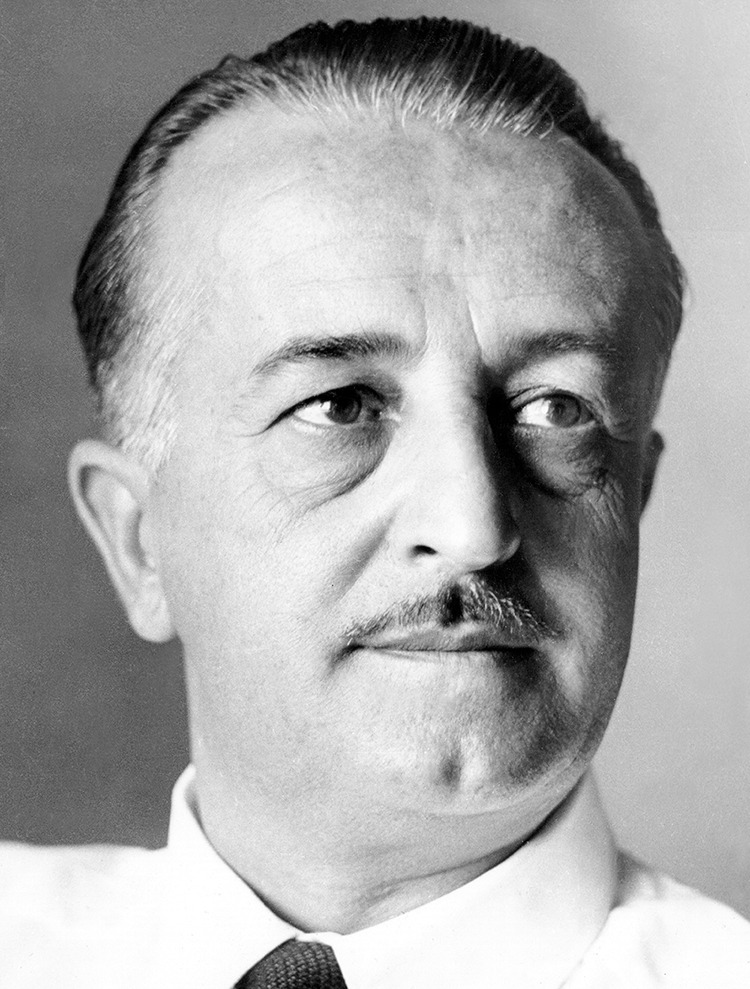The first department of medical psychology in the world and its impact on medical education.
Revista brasileira de psiquiatria (Sao Paulo, Brazil : 1999)
Pub Date : 2022-05-01
DOI:10.1590/1516-4446-2021-2155
引用次数: 0
Abstract
According to the international literature, the first Department of Medical Psychology was created by the University of Oregon Medical School in 1957. The historic relevance of this event – a landmark in the valorization of humanism and multidisciplinarity in medical education – has been celebrated through articles, American Psychological Association conferences, and book chapters, as well as a meritorious distinction on the University of Oregon homepage. However, the recent publication of Faculdade de Medicina de Ribeirão Preto da Universidade de São Paulo: Primeiras Décadas (Ribeirão Preto Medical School of the University of São Paulo: Early Decades), organized by professors from this institution, documents a fact that went mostly overlooked until now. In 1956, that is, 1 year before the University of Oregon, the Ribeirão Preto Medical School (FMRP-USP) was actually the first to create a Department of Medical Psychology. The department was conceptualized by Dr. Zeferino Vaz (1908-1981), the founder and director of the medical school, who went on to create both the Universidade de Campinas and the Universidade de Brası́lia). This is just one of the pioneering disciplines that the institution has created since its foundation, helping transform medical education in Brazil and abroad. Recently recovered letters archived at FMRP-USP show that Zeferino Vaz sought the participation of the most prominent psychoanalysts of the time, including Hanna Segal (1918-2011), British psychoanalyst and follower of Melanie Klein, and Emilio Servadio (19041995), one of the pioneers of psychoanalysis in Italy. In those early times, Dr. Vaz highlighted the broad importance of mental health in medical training, stating that: ‘‘Human psychology is forgotten in our universities, when no one in a civilized country denies the deep relevance of psychic factors in the behavior of man and society, as well as in the development of the most severe diseases that affect man in modern days’’ (in Portuguese, ‘‘A psicologia humana é esquecida nas nossas universidades, quando ninguém, em paı́s civilizado, nega mais o profundo significado dos fatores psı́quicos no comportamento do homem e da sociedade, assim como no desenvolvimento das mais sérias doenças que afetam o homem na era moderna’’). Thus, Vaz anticipated the future by envisioning the importance of psychotherapy techniques, behavioral and cognitive modification, family and interpersonal therapy, etc., in the management of chronic illnesses, in the reduction of physical and emotional symptoms, and in the management of emotional aspects of different general and psychiatric conditions. This contributed to the training of better, modern doctors, in line with the expectations of contemporary society, leading to a holistic view of patients. This has perhaps been even more important during the coronavirus disease 2019 (COVID-19) pandemic, in which environmental, social, psychological, and biological factors have led to new challenges in the training of present and future physicians. Dr. Zeferino Vaz (circa 1952) Source: Collection of the Ribeirão Preto School of Medicine of the Universidade de São Paulo (FMRP-USP).

世界上第一个医学心理学系及其对医学教育的影响。
本文章由计算机程序翻译,如有差异,请以英文原文为准。
求助全文
约1分钟内获得全文
求助全文

 求助内容:
求助内容: 应助结果提醒方式:
应助结果提醒方式:


